In Plato's opinion, man was made for philosophy; in Bacon's opinion, philosophy was made for man
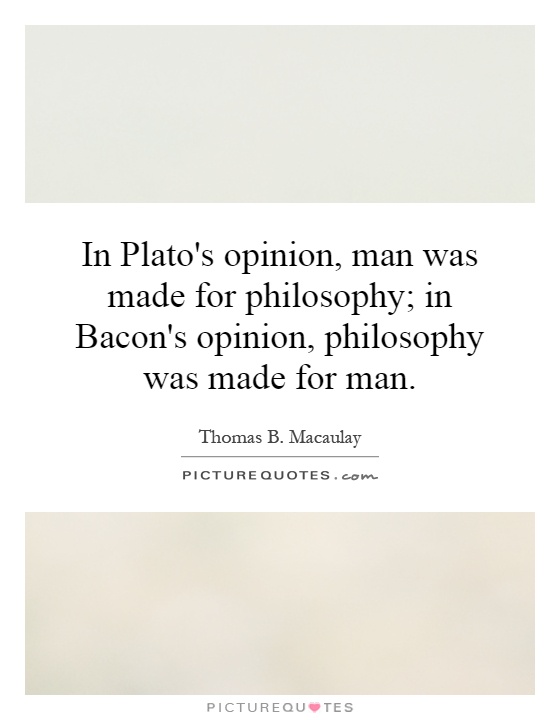
In Plato's opinion, man was made for philosophy; in Bacon's opinion, philosophy was made for man
Thomas B. Macaulay, a prominent British historian and politician of the 19th century, was known for his deep appreciation of both classical philosophy and the scientific method. His views on the relationship between man and philosophy can be seen as a synthesis of the perspectives of Plato and Bacon.Plato, the ancient Greek philosopher, believed that man was made for philosophy. For Plato, the pursuit of wisdom and truth was the highest calling of human beings. He saw philosophy as a means of transcending the limitations of the material world and connecting with the eternal and immutable forms that underlie reality. In Plato's view, the philosopher was the ideal human being, capable of understanding the true nature of things and guiding society towards justice and virtue.
On the other hand, Francis Bacon, the English philosopher and statesman of the 17th century, believed that philosophy was made for man. Bacon was a champion of the empirical method and the practical application of knowledge. He saw philosophy as a tool for improving the human condition, by advancing scientific understanding and technological progress. Bacon believed that philosophy should serve the needs and interests of humanity, by providing practical solutions to the problems of society.
In Macaulay's view, the perspectives of Plato and Bacon were not mutually exclusive, but rather complementary. He believed that philosophy could fulfill both the lofty aspirations of the soul and the practical needs of society. Macaulay saw philosophy as a means of enriching human life, by deepening our understanding of the world and enhancing our ability to shape our own destiny.
Macaulay's own work as a historian and essayist reflected this dual perspective on philosophy. He combined a deep appreciation for the wisdom of the past with a commitment to the progress of the present. Macaulay believed that the study of history and philosophy could provide valuable insights into the human experience, while also offering practical lessons for the challenges of his own time.

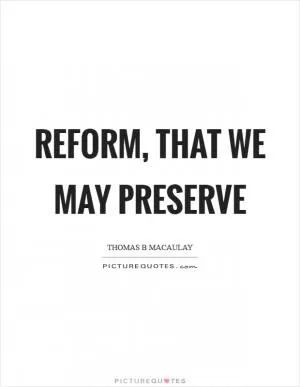
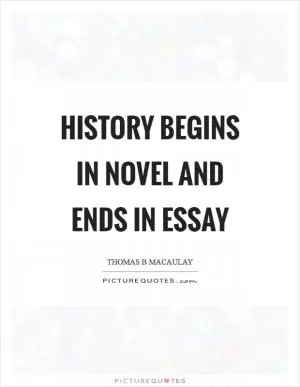
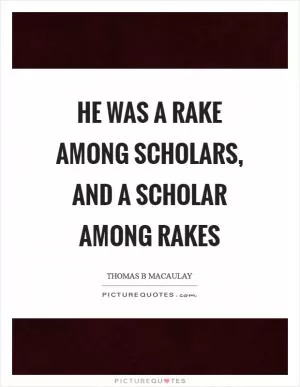

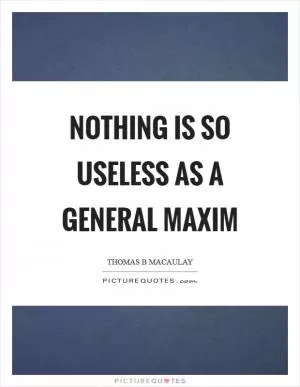
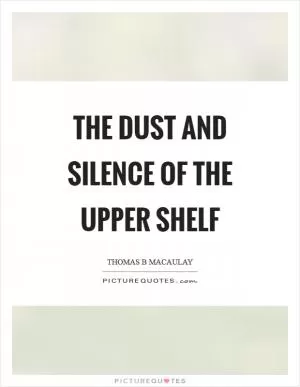
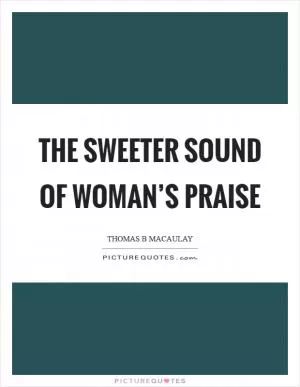


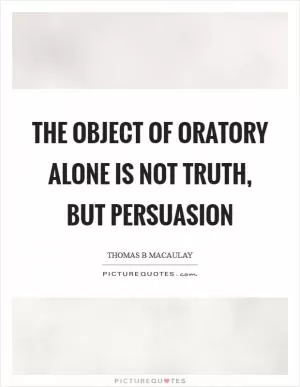
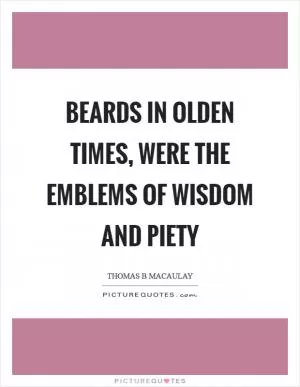
 Friendship Quotes
Friendship Quotes Love Quotes
Love Quotes Life Quotes
Life Quotes Funny Quotes
Funny Quotes Motivational Quotes
Motivational Quotes Inspirational Quotes
Inspirational Quotes